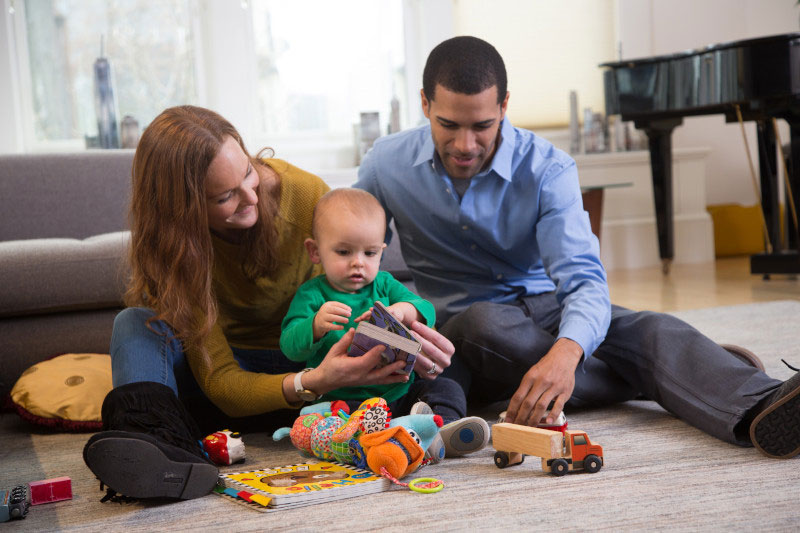There's a phrase I heard years ago that I've used on many an occasion. It goes something like this: Don't ever argue with a fool people won't be able to tell who is who.
Sometimes you hear things that make you want to jump into the fray. Pitch a stronger argument. Tell it like it really is. And definitely get the last word. But recently I heard a phrase that puts a different spin on this approach.A Bright Horizons center director was talking with her staff, working through some difficult issues, and said, "No one else can determine your level of professionalism." She knew that her teachers might be confronted with some heated conversations, and her good advice was giving them a professional path.
Early Childhood Educators Require a Special Kind of Professionalism
If you've ever had a child enrolled in a child care center, chances are you know how hard early care and education teachers work. Children aren't like any other kind of work. Their needs are immediate. Try convincing an infant that it's not time to eat, or a toddler that it is time to nap.It takes skill and compassion and patience, to name just a few of the necessary teaching qualities. And the stakes are enormous. There are no throw-away days in childhood. Child development marches on at breakneck speed and while parents are always the child's first teacher, early education teachers can and should make a difference every day. Young minds and bodies are developing life-long habits and early educators have the power and privilege to set a positive course.
With so much riding on the outcome of early care and education, you would think that teachers of young children would be held in the highest regard. And most families with young children in care do respect the work of their children's teachers. The outside world sometimes maintains a different point of view, one that lacks knowledge of the complexity of the work.
We Each Determine Our Own Levels of Professionalism
But back to the director mentioned above. Her theory was that no one could determine another's level of professionalism we could only do this for ourselves. If we sink to a low level in our communication, that's our choice and we will be viewed accordingly. If we choose to see a heated conversation as our opportunity to demonstrate our knowledge, our calm demeanor, our ability to listen, chances are we will look and sound professional and will have nothing to regret.I'm going to keep this advice in mind, but still do my best not to argue with a fool.





